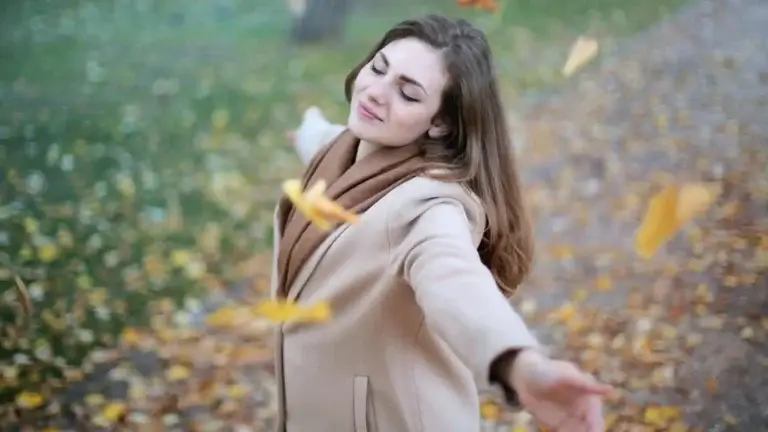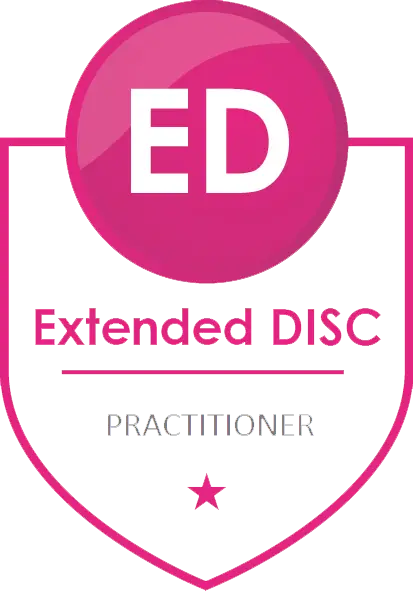Leaders are faced with great disruption and fast changes in an environment, processes and structures.
Whether your team is defining a new normal in the wave of a global pandemic, staff shortage, wave of mass resignations or rolling out new leadership and culture change programs every company and organisation experiences confusing times. I am sure you noticed, that it keeps people demotivated, confused and almost resistant to any change or action.
Below are major things that are probably impacting your organisation:
- Digitalisation and automation (tech)
- Employee retention
- Upskilling
- Structural changes – prepared to respond faster
- Employee well-being – organisational health
- A lot of organisations especially those which are here for more than 30 years need to evaluate their systems and technology and assess if this is still adding value to organisational health and psychological and physical safety. Organisations should focus more on assessing what level of structural agility they have and how they can improve to support the well-being of their employees in day-to-day operations. Products, especially software, have changed day-to-day activities and changed customer habits, employees’ habits and even people’s private lives. Historically we have thought that evolution is linear and cumulative, that one idea leads to another and therefore everything is easily predictable and people have enough time to adapt. Current technology has changed how we look at growth and evolution. We have access to limitless information 24/7. Our customers don’t need to ask us anymore about the features or benefits of our products or services. They can find solutions for almost every problem online. But how can we navigate in highly volatile environments? This environment requires a massive shift in leadership and how we utilise neuroscience, behavioural science and thinking in organisational change.
- Leaders are facing a new reality and they are pushed to embrace that business is run by people, customers are people and therefore we focus on people and their well-being. Deloitte and Harvard’s research uncovered very alarming stats and facts about why people are leaving their jobs and why companies struggle with retention. Based on the HRSM paper, 53% of employees are leaving their jobs because of a toxic culture. I always say, “people leave people,” I think this is a very alarming fact and very clearly is drawing the present and future direction for companies with a focus on people, culture and psychological safety. Also, companies will be pushed to rethink the traditional approach to recruiting and what they offer in the hiring process. There are more and more options and opportunities for employees, for example, more training, career and personal development programs, ongoing upskilling or flexible work options or other programs to ensure they are meeting employee expectations. These new initiatives are offered only to a few companies. Imagine how big a market advantage you gain when you implement new leadership and culture training for your employees to help them grow and contribute to company culture and organisational health.
- A new skill set is needed everywhere, in all departments and all areas of your organisation. Think about sales. Traditional sales techniques don’t work anymore. Sales also moved online and marketing opportunities are unlimited. Customer journey changed. How people buy has changed. People’s needs and desires changed. Technology changed. The market is demanding new strategies for employee training and education because businesses and markets have changed and exponentially grown.
- Structural changes are important and now even harder because all your structures must consider psychological safety and mental agility even more than in linear growth. The most important elements are the adaptability, influence and responsiveness of an organisation to market changes. Products can be manufactured faster and can be sold in new ways, much faster and with more care about the customer. Relationships between sales and customers changed. Customer satisfaction and safety play the most important role in the customer journey. Each phase between production and final delivery should be carefully overseen, assessed and changed if it’s too slow or if there is a better way.
- Investing in employee health and well-being is going to improve your organisational health and psychological safety (also a level of mental agility). Why is investing in employees’ well-being, leadership and culture so important? I don’t think I need to repeat myself, but in case you didn’t read my last articles, here is a snapshot:
- Deloitte research shows that consistent leadership and soft skills training increase your revenue by $90,000.
- Harvard business research shows that consistent leadership, emotional intelligence and soft skills training for your employees will increase your revenue by 130%.
- HRMS shows that 53% of employees are leaving their jobs because of a toxic culture
- Deloitte partnered with independent research firm Workplace Intelligence to survey 2,100 employees and C-level executives across four countries: the United States, United Kingdom, Canada, and Australia. The survey results revealed eye-opening findings, including that nearly 70% of the C-suite are seriously considering quitting for a job that better supports their well-being
I am sure you can imagine how you can create an amazing workplace right now, especially in a great reshuffle period, with a focus on culture, focus on people and quality leadership.
Imagine you have a leader cultivating well-being, happiness and purpose. Do you think people will feel inspired and motivated? Do you think people will help each other naturally?
I am sure you already know the answer is yes.
When people feel inspired and they believe they have a higher purpose than themselves, then they will improve their performance and effectiveness by collaboration, engagement, effective communication and hunger for improvement and results.
I believe, that if you are still here and reading this article, then you are honestly interested in helping your team and creating a better environment. How or where to start?
- Create a plan and go to your team to talk about the ideas and recreate a plan if necessary. Remember your team needs to be involved to keep them inspired.
- Understand people in your team and how they engage with the plan and what they think. Understand their underlined body language and behaviour.
- Create a process of how you are going to put the plan in place. Integration requires accountability. Clear standards, attitudes, processes and responsibilities will support accountability.
- Have a conversation with your team. Involve them in weekly or monthly change meetings. You can create a new name for those types of meetings.
- Cultivate persistence and always measure behaviours and results
Good luck with your next steps and the changes you wish to implement.
If you are on your journey to grow and integrate change in your organisation please remember you are not alone.
If you are looking to brainstorm ideas and share some insights with us, please don’t hesitate to schedule a call with one of our expert leaders or change agents:
https://meetings.hubspot.com/alex1055
Best of luck
Alex Terrey MEc












